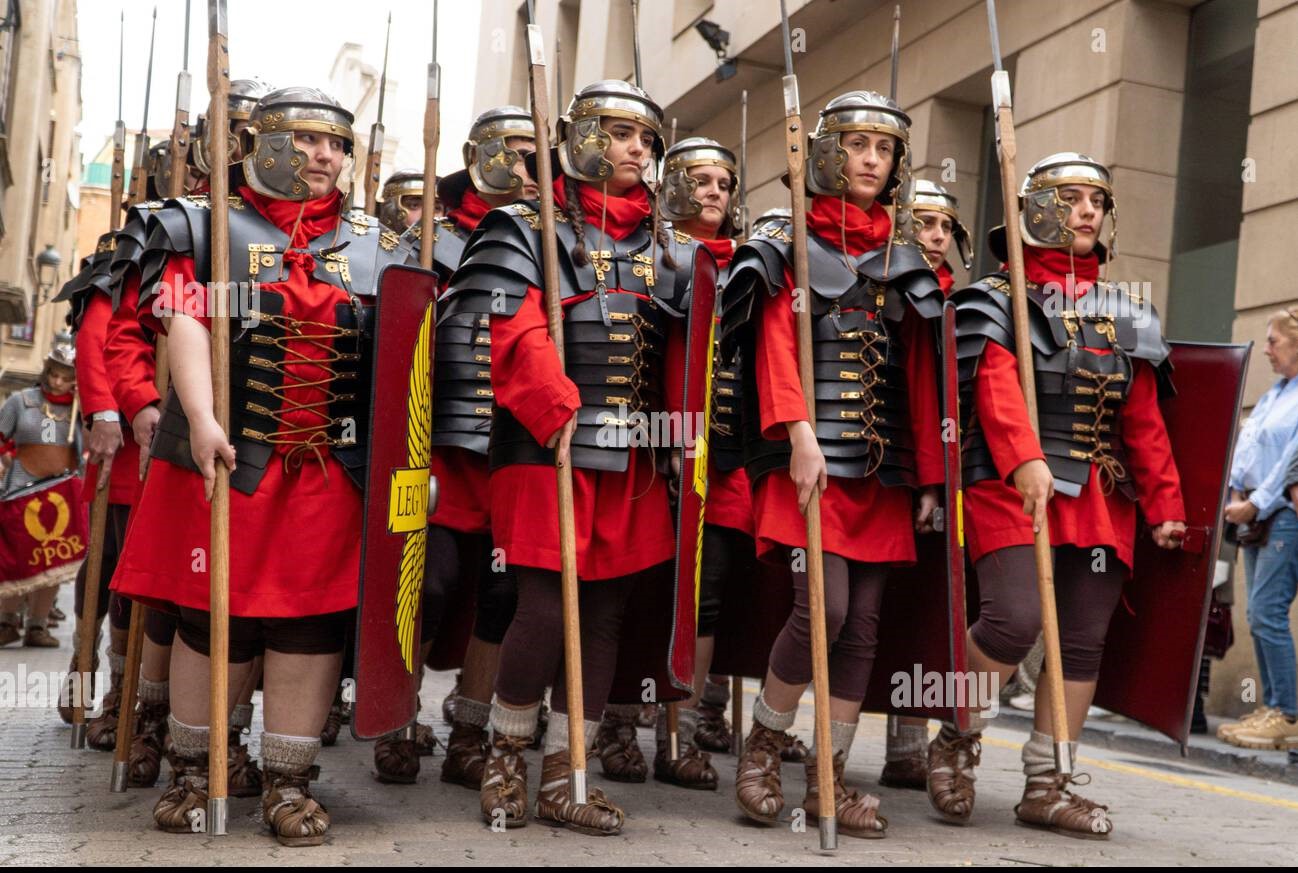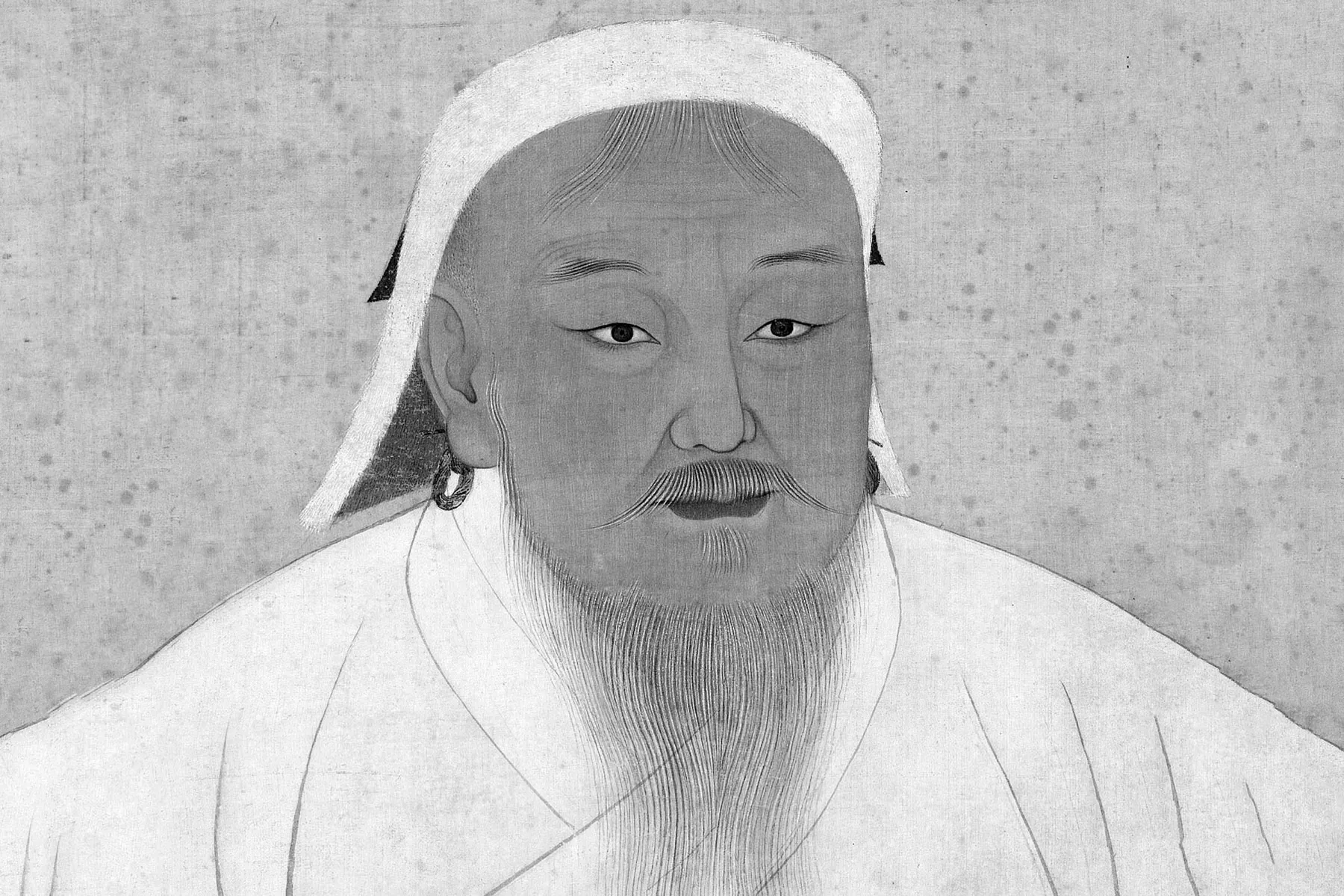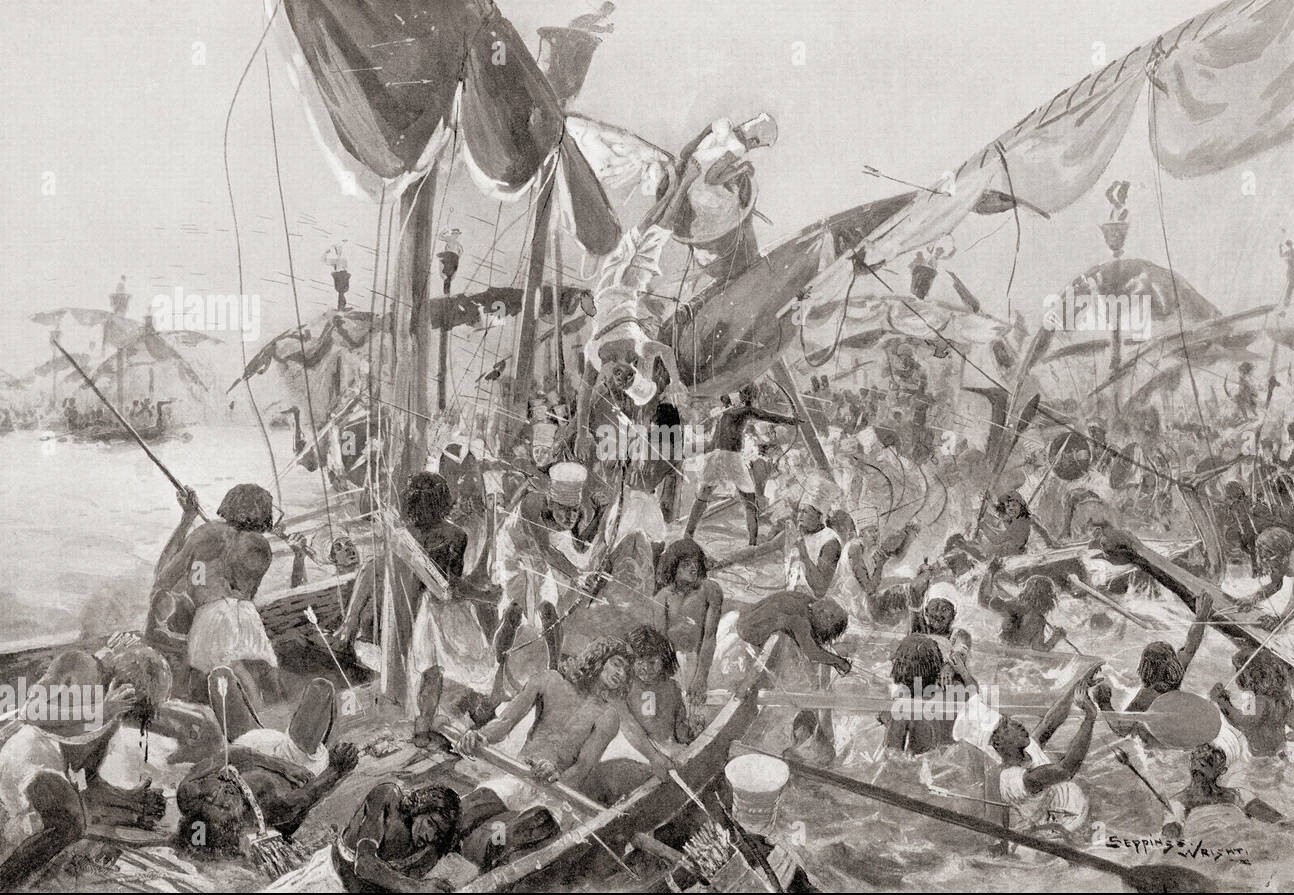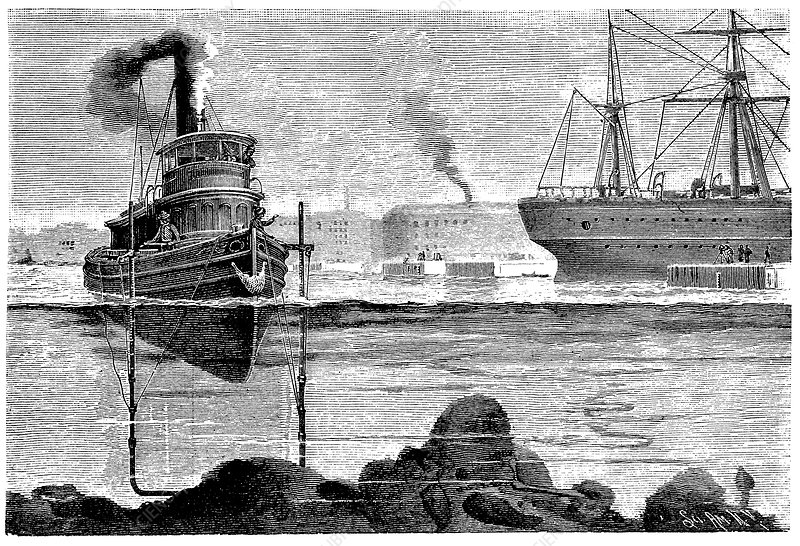- The Ninth Legion of Rome, a symbol of invincibility and discipline, marched into history as one of the empire’s most formidable military forces. But sometime in the 2nd century AD, this celebrated unit vanished without a trace. How could such a powerful legion simply disappear? For centuries, historians, archaeologists, and storytellers have speculated about their fate. Were they wiped out in battle? Betrayed from within? Or did they face a force even the mighty Roman Empire could not withstand?
- The unanswered questions have turned the Ninth Legion’s disappearance into one of history’s most captivating enigmas—a haunting tale of ambition, bravery, and the fragility of human power.
Who Were Rome’s Ninth Legion?
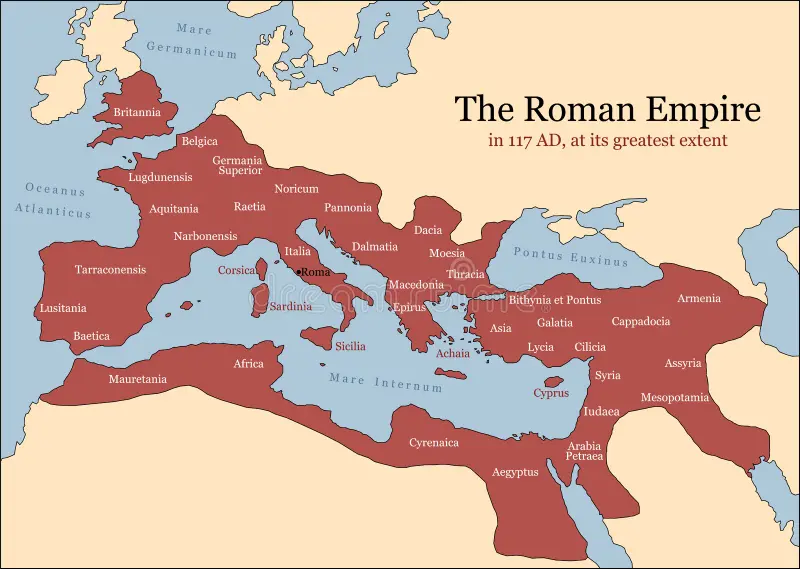
The Legacy of the Ninth Legion
- The Ninth Legion, or Legio IX Hispana, was established during the late Roman Republic. Their name evokes awe and fear in equal measure. From their crucial role in Julius Caesar’s Gallic campaigns to their victories under Emperor Claudius in Britain, the Ninth Legion represented Rome’s strength and unyielding discipline.
- Over decades of service, they earned a fearsome reputation for loyalty and resilience. This reputation, however, made their ultimate disappearance all the more shocking. How could such an elite force meet its end so completely that not even a whisper remained?
- Their Role in the Empire
- The Ninth Legion’s duties went beyond the battlefield. Like all Roman legions, they built roads, constructed forts, and maintained order in newly conquered territories. Their engineering feats and military tactics symbolized the might of Rome. For nearly a century, they helped extend the empire’s borders. But no glory lasts forever, and the Ninth Legion’s fate would prove a stark reminder of this truth.
The Ninth Legion’s Journey to Britain
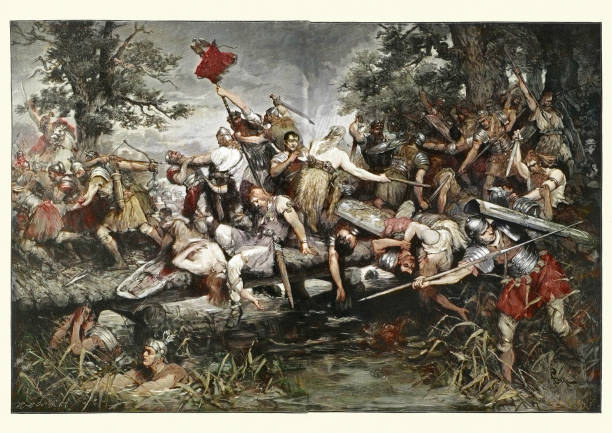
Conquering the Rugged Frontier
- In 43 AD, the Ninth Legion arrived in Britain as part of Emperor Claudius’s campaign to subdue the island’s fiercely independent tribes. They built fortifications, subdued uprisings, and established settlements, including the city of Eboracum (modern York). Yet the deeper they pushed into the northern frontiers, the more resistance they faced.
- The Challenges of Northern Britain
- By the early 2nd century AD, the Ninth Legion found itself in northern Britain, on the edge of the known world. Here, the Picts—a confederation of tribal warriors—proved relentless. These rugged highlanders used guerrilla tactics, ambushing Roman forces in the dense forests and rugged terrain of Caledonia (modern Scotland). The Ninth Legion faced a brutal and unyielding enemy, testing their mettle to its limits.
The Vanishing of the Ninth Legion
- Last Known Presence
- The Ninth Legion’s last recorded activity was in Eboracum around 120 AD. They were rebuilding the city after uprisings, fortifying Rome’s foothold in Britain. But after this point, the Ninth disappears from the historical record. No subsequent mentions of their name or movements exist. This eerie silence has puzzled historians ever since.
- Could They Have Been Reassigned?
- Some scholars argue the Ninth may not have vanished but were reassigned to another region of the empire, such as the Rhine or the East. However, there is no evidence—no records, inscriptions, or documents—that supports this theory. The more likely explanation is that something catastrophic befell the Ninth Legion in Britain, erasing them from history.
Theories About the Ninth Legion’s Fate
- 1. Annihilation in Battle
- One of the most popular theories is that the Ninth was destroyed during a campaign in northern Britain. It’s believed they marched into Caledonia to suppress an uprising and were ambushed by the Picts. A large-scale attack, aided by the challenging terrain, could have wiped out the legion so completely that no survivors escaped to report back to Rome.
- Imagine the scene: a disciplined Roman force, marching in formation through dense forests, suddenly surrounded by warriors who knew every inch of the land. Overwhelmed and outmaneuvered, the Ninth Legion may have met a grisly end in the wilderness.
- 2. Betrayal from Within
- Another possibility is internal betrayal. Could a Roman officer or local auxiliary troops have turned against the Ninth? Discontent and political intrigue were not uncommon within the Roman military. Such betrayal, coupled with an external attack, could have led to their downfall.
- 3. Natural Disaster or Disease
- The harsh conditions of northern Britain could have played a role. A brutal winter, combined with starvation or disease, might have decimated the Ninth Legion while they were stationed in an isolated fort. Such a slow and agonizing end would leave little evidence behind.
- 4. A Combination of Factors
- History is rarely straightforward. The Ninth’s disappearance may have resulted from a combination of factors: an ambush, followed by betrayal, compounded by harsh weather and dwindling supplies. This multifaceted disaster could explain their complete erasure from records.
The Picts and Their Role in the Mystery
- The Fiercest Opponents
- The Picts, Rome’s most elusive foes, were a tribal people known for their resilience and cunning. Their intimate knowledge of Caledonia’s terrain and their ability to fight in small, mobile groups gave them an advantage over the heavily armored Roman soldiers. Did the Ninth Legion underestimate this formidable enemy?
- The Legend of the Ambush
- The legend of the Ninth’s final battle with the Picts has fueled centuries of speculation. Many believe they were led into an ambush, where the Picts attacked with such ferocity that the Ninth had no chance to regroup. This sudden and complete annihilation would explain why no Roman reinforcements were sent to recover their remains.
The Ninth Legion in History and Culture
- From History to Myth
- The Ninth Legion’s mysterious fate has transcended history, becoming a powerful legend. Their story is often invoked as a cautionary tale of imperial overreach and the perils of underestimating one’s enemies.
- Depictions in Literature and Media
- Works such as Rosemary Sutcliff’s The Eagle of the Ninth and films like Centurion and The Eagle have reimagined the Ninth’s story, blending historical fact with fiction. These adaptations bring the legend to life for modern audiences, ensuring the Ninth Legion’s legacy endures.
Why the Mystery Endures
- The disappearance of the Ninth Legion captivates us because it defies explanation. Their story is a reminder that even the greatest powers can fall victim to the unknown. The lack of definitive answers leaves room for imagination, turning their fate into a timeless puzzle.
- For historians, the Ninth represents a challenge: how can we reconstruct a past that has left so few clues? For others, their disappearance is a testament to the enduring power of the human spirit, even in defiance of an empire as mighty as Rome.
Conclusion
- The Ninth Legion’s mysterious disappearance is a haunting reminder of the limits of human power and ambition. Whether they were annihilated in battle, undone by internal strife, or lost to the elements, their fate is a poignant chapter in the story of the Roman Empire. Their silence speaks volumes, a symbol of the fragility of even the strongest legacies.
- As we continue to uncover the past, the story of the Ninth Legion remains a beacon of mystery—a tale that challenges our understanding of history and inspires us to seek the truth.
- FAQs
- 1. What was the Ninth Legion?
- The Ninth Legion was a highly skilled unit of the Roman army, renowned for its military achievements in Gaul and Britain.
- 2. Where was the Ninth Legion last seen?
- The Ninth Legion was last recorded in York, Britain, around 120 AD.
- 3. Could the Ninth have been reassigned?
- While possible, no evidence exists to suggest they were transferred to another region.
- 4. Did natural disasters play a role in their disappearance?
- Harsh winters, starvation, or disease could have contributed to the Ninth Legion’s fate, though this theory lacks direct evidence.
- 5. Why does the Ninth Legion’s story still matter?
- The Ninth Legion’s disappearance symbolizes the enduring mysteries of history and the limits of even the greatest empires.


